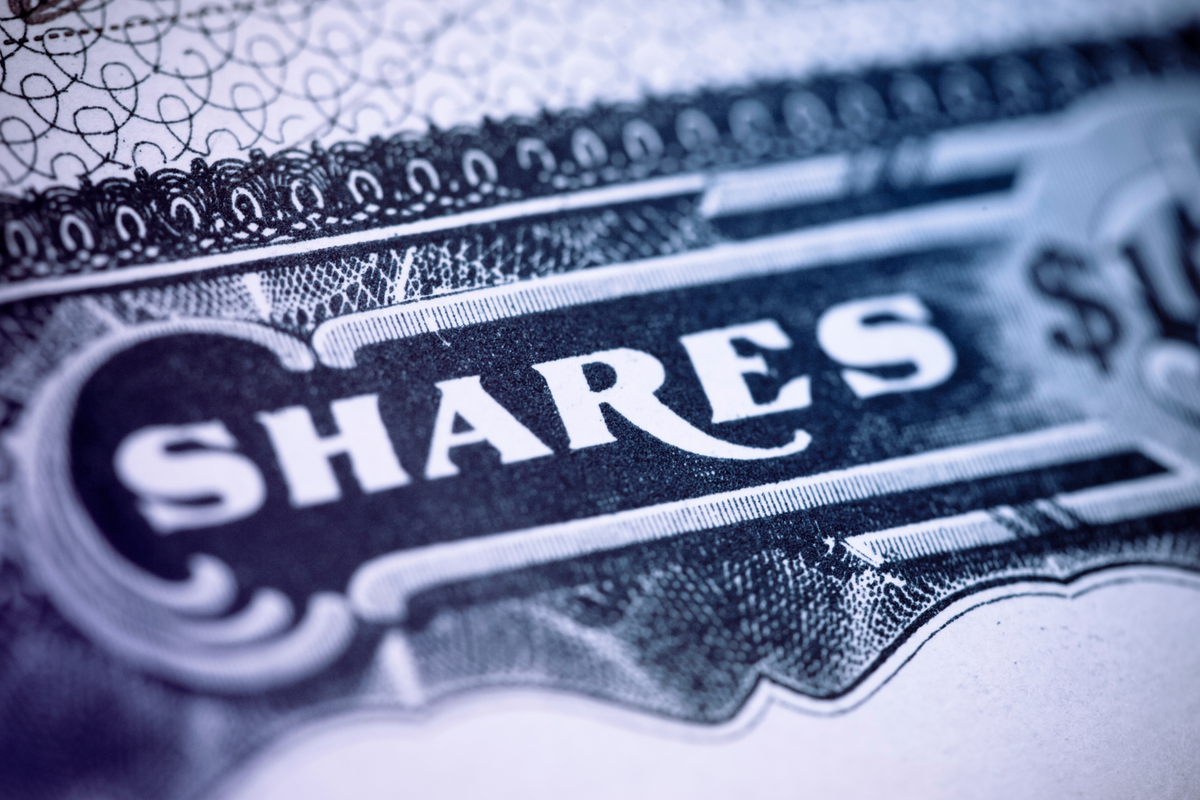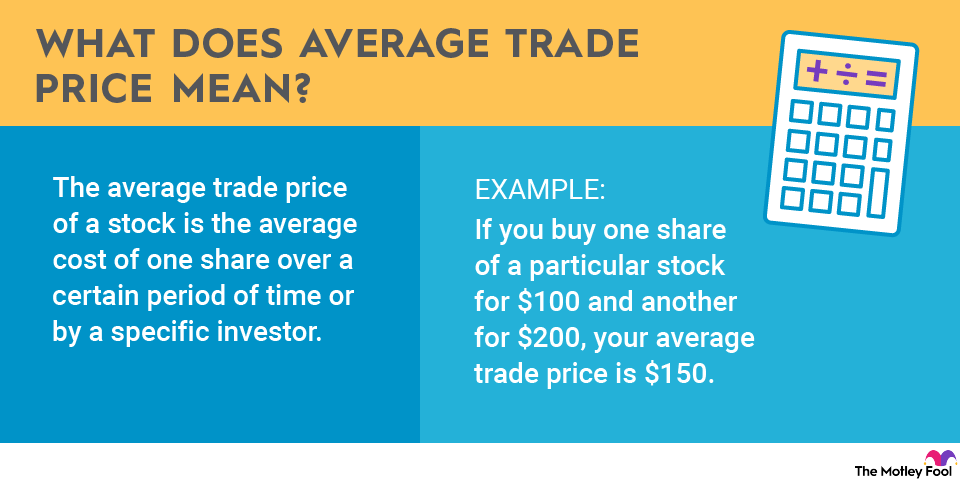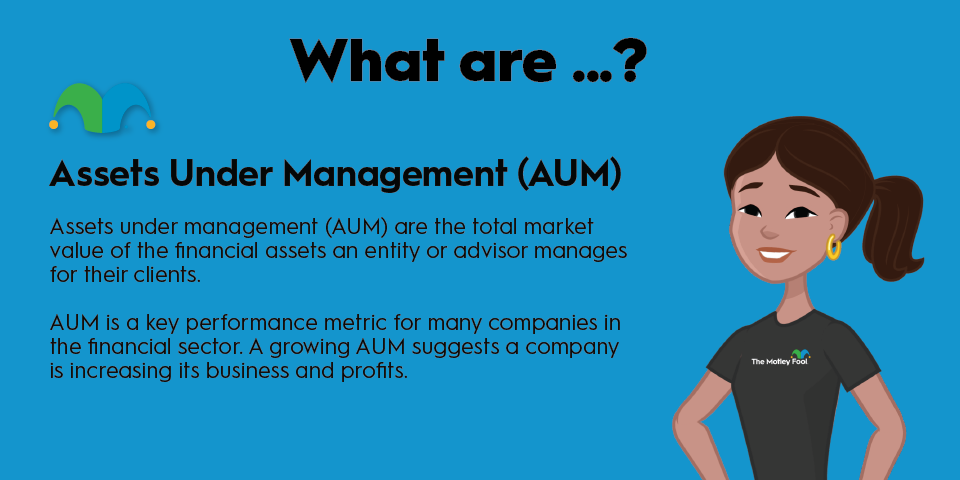Accumulating shares are a form of compensation for a company's shareholders or employees. Although most businesses opt for cash dividends, this isn't required, and some may choose to pay accumulating shares.

How accumulating shares work
When a company compensates shareholders or employees, it can do so in cash or accumulating shares. For example, a company could create new shares and issue them to investors, either in addition to or instead of paying a cash dividend.
A company that wants to reward its employees can issue a bonus in cash or stock. There are multiple types of equity-based compensation, including stock options, performance shares, and restricted stock units (RSUs).
Why companies issue accumulating shares
Accumulating shares have a few advantages over cash compensation for the company that issues them. The company preserves the cash on its balance sheet, and it can use that money to invest in expansion or pay down debt. It's also still able to pay a dividend to shareholders in the form of shares instead of cash.
This is somewhat similar to a stock split, as investors simply receive more shares without any change in the underlying value of their holdings. There's no share dilution this way, as the current shareholders are the ones receiving more stock in the company. Note that shares issued to employees are a different story, as they are dilutive to shareholders.
Another benefit of accumulating shares is that they increase a company's outstanding share count. A higher number of shares can help increase a stock's liquidity.
Deciding between accumulating shares and cash
If you're a shareholder in a company, you most likely won't have a say in whether you receive a cash dividend or a stock dividend. The board of directors determines how to issue the dividend and how much to pay.
However, if you work for a company that offers to pay bonuses in shares, you may need to decide between taking your compensation in equity or cash. Equity-based compensation can be beneficial because it has the potential to grow in value. Cash normally loses value due to inflation. To be fair, company stock could also decrease in value -- it's not guaranteed to appreciate.
Also, keep in mind that if your company hasn't gone public yet, it may be challenging to sell your shares until it conducts an initial public offering (IPO). While it's possible to sell privately held stock, it's certainly not as easy as selling public stock. But the potential gains with private equity are also much higher if the company is successful.
Related investing topics
Share accumulation through reinvested dividends
Although most companies pay cash dividends, investors can set up their brokerage accounts to automatically reinvest dividends. This is known as a dividend reinvestment plan, or DRIP for short. Your dividend payments are used to buy more shares in either the same company or a different one of your choosing. You can typically do this with all the investments in your portfolio or with specific companies.
You will still pay taxes on your dividend income, whether you reinvest it or not. The benefit, and the reason some investors love high-paying dividend stocks, is the flexibility they provide.
If you don't need the money, you can set up a DRIP to accumulate more shares with each dividend payment. If you retire, lose your job, or find yourself in any other situation where you need more income, you have the option of turning off the DRIP and using the dividends to cover your living expenses.



















